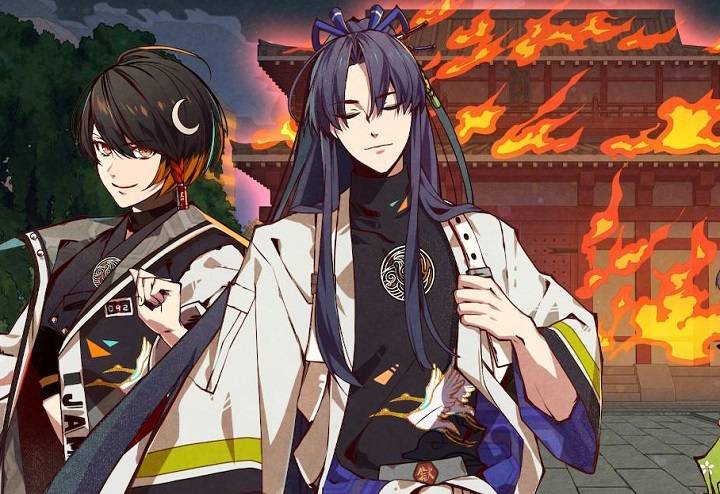The Otomi people, an indigenous group primarily located in central Mexico, have a vibrant cultural heritage that extends to their traditional games. These games not only served as entertainment but also carried significant cultural, social, and even spiritual importance within the Otomi community.
Historical Significance
The history of Otomi games dates back centuries, representing a deep-rooted connection to their cultural practices and traditions. These games were a way to pass down stories, honor their ancestors, and build community bonds.
Traditional Otomi Games

Pelota Purepecha
- Description: Pelota Purepecha is a traditional ballgame similar to Mesoamerican ballgames. It involves hitting a small rubber ball with the hips to score points.
- Cultural Importance: This game symbolizes the connection between the Otomi people and their Mesoamerican ancestors, as it was not just a sport but also a spiritual and ceremonial activity.
Ulama
- Overview: Ulama is another ballgame that the Otomi people inherited from their Mesoamerican ancestors. Players use their hips to keep a heavy rubber ball in motion, showcasing teamwork and agility.
- Cultural Significance: The game held ritualistic significance and was sometimes associated with religious ceremonies and even human sacrifices in ancient times.
Chinelos Dance
- Description: While not a game in the traditional sense, the Chinelos Dance is a significant cultural performance often associated with festivities and celebrations among the Otomi community.
- Cultural Relevance: The dance, featuring ornate costumes and lively music, celebrates the Otomi heritage and is a way to preserve their cultural identity.
Preservation and Modern Interpretation
Cultural Revival
- Efforts: Contemporary Otomi communities are making concerted efforts to preserve and revive these traditional games by organizing events, workshops, and competitions.
- Community Involvement: Local initiatives aim to involve younger generations in these games to ensure the continuity of their cultural heritage.
Modern Adaptations
- Influence on Contemporary Culture: Some Otomi games have influenced modern sports and activities, showcasing a blend of tradition and contemporary innovation.
- Adapting to Change: While keeping the essence of tradition intact, these games have evolved to suit modern settings, making them more accessible and appealing to a wider audience.
Otomi games are not merely about play; they represent a profound cultural legacy, connecting the present generation to their ancestors’ traditions. By preserving and adapting these games, the Otomi people continue to honor their heritage, fostering a sense of pride and identity within their community.


